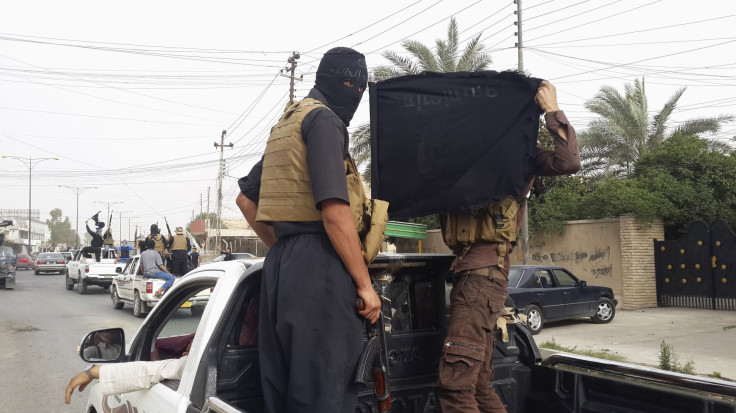ISIS Training Egyptian Islamists 'To Attack Security Forces'

Islamic State, the Sunni extremist group which has taken control of vast swathes of land in northern Syria and Iraq, is now attempting to extend its influence into Egypt, according to a media reports.
A senior commander of the Ansar Bayt al-Maqdis, which has been active in the Sinai Peninsula of Egypt since 2011, told Reuters that Islamic State militants have been providing the group instructions and training on how to operate more effectively.
“There is definitely coordination between Ansar, the militants in Libya and Islamic State leaders,” an Egyptian security official told Reuters. He, However, denied reports, carried by the Egyptian daily Al-Ahram, which spoke of Islamic State sleeper-cells in Sinai, adding that, as of now, there are no Islamic State members in Egypt.
Ansar Bayt al-Maqdis, which was formed in the aftermath of the Egyptian revolution in 2011, has spearheaded attacks on Egyptian security forces, killing scores of policemen and soldiers since the army overthrew President Mohamed Morsi last year. In its most recent attack on Tuesday, the militants of the al-Qaeda inspired group killed at least 11 people, an Agence France-Presse, or AFP, report said.
“They (Islamic State) teach us how to carry out operations. We communicate through the internet,” the Ansar commander told Reuters. “They don't give us weapons or fighters. But they teach us how to create secret cells…they are teaching us how to attack security forces.”
In the recent months, Egyptian security officials have been struggling to curb the influx of militants from Syria, Iraq as well as the strife-torn regions of Libya in the west. Egyptian intelligence officials, speaking to Al-Ahram, said that nearly 8,000 militants are suspected to be present in the Sinai Peninsula alone.
General Mohamed Rashad, a former deputy director of Egypt’s General Intelligence Directorate told Al-Ahram that the Sinai peninsula continues to be the most active terror hotbed in Egypt, not only because of its proximity to Syria, Iraq and Libya but also because of a lack of government infrastructure and personnel on the ground.
© Copyright IBTimes 2024. All rights reserved.





















